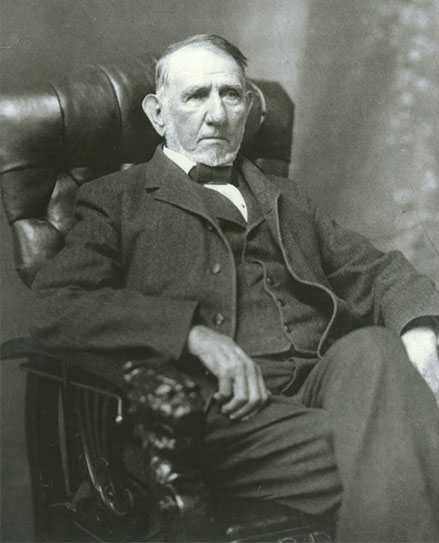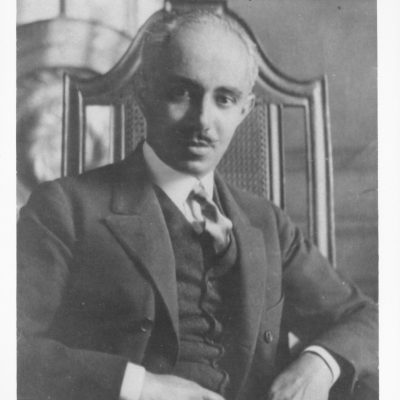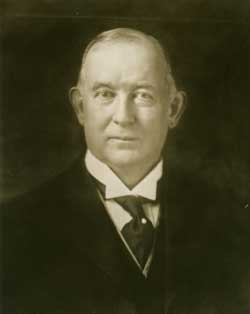Long before he was a wealthy businessman and philanthropist for whom Duke University would be named, Washington Duke was a subsistence farmer.
Twice, actually.
Born near rural Orange County, NC, Washington Duke got by as a young man with nothing more than “willing hands and a stout heart.” His hard work helped his family eke out a living farming the land.
Drafted into the Confederate Navy in 1863, he was captured by Union forces and later released in New Bern, NC. From there, he famously walked the 134 miles back to his family homestead.
After the war, Duke once again set out to make a living farming and, eventually, manufacturing tobacco. He and his children made tobacco products and packaged them by hand, taking them on the road to sell.
The hard work paid off. The Duke fortune began to grow, coinciding with the rise of Durham as one of the nation’s chief tobacco towns. Along with his sons – B.N. Duke and J.B. Duke – Washington Duke grew the American Tobacco Company to stratospheric heights. He later leveraged that fortune to help bring Trinity College to Durham from Randolph County, pouring money into the operation.
One donation of particular note: in 1896, he offered Trinity $100,000 on the condition that women be admitted as residential students “placing them in the future on an equal footing” with men.
Trinity College subsequently offered to rename itself after Duke, but he declined. It wasn’t until his son’s bequest in 1924 – well after his death in 1905 – that the college was christened Duke University. Originally interred in Maplewood Cemetery in Durham, he was later re-interred at Duke Chapel.



